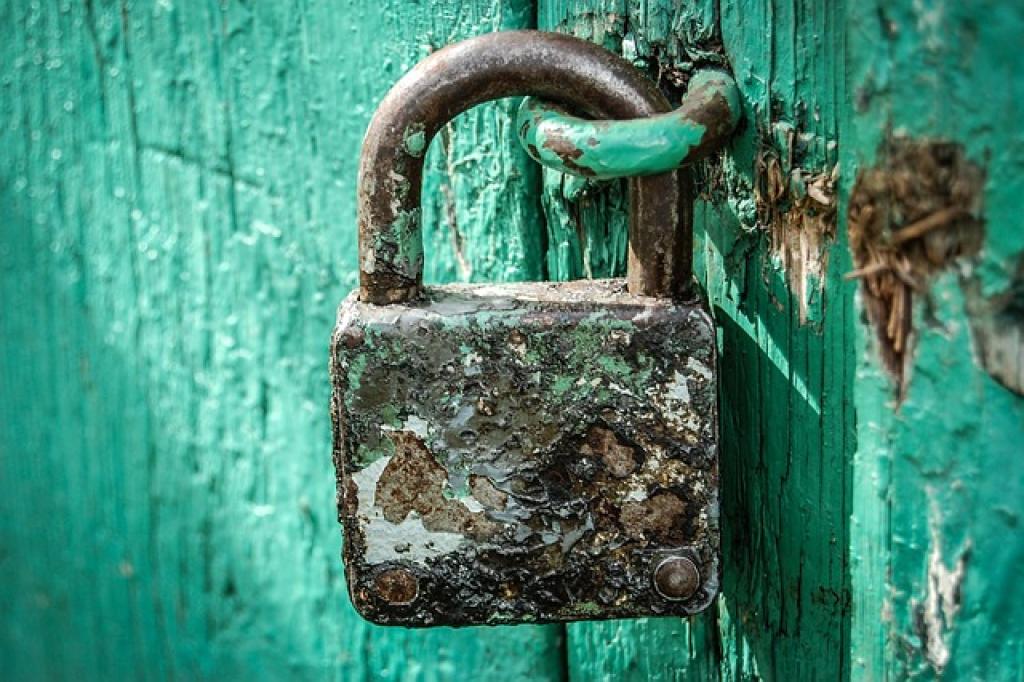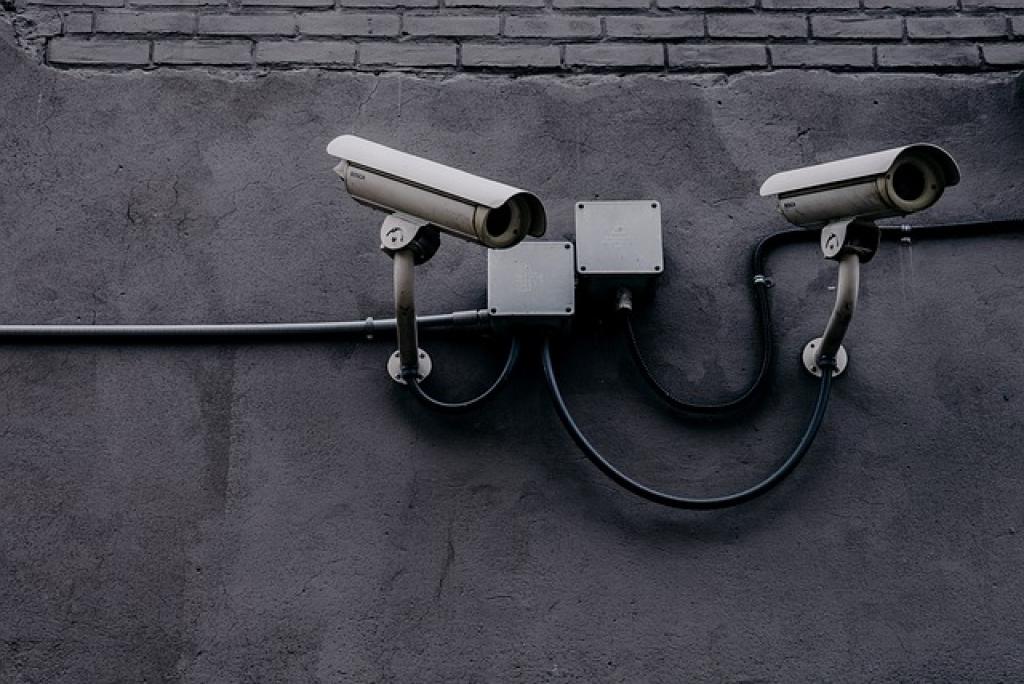
How Guards Help Manage Entry Points and Visitor Access
In today’s fast-paced world, maintaining security while ensuring smooth access for visitors is crucial. Whether it’s a corporate office, residential complex, or event venue, the first line of defense is the security guard at the entry point. Their presence not only deters potential threats but also plays a key role in managing the flow of visitors efficiently.
Security guards are well-trained to manage entry points by verifying identities and granting access only to authorized individuals. They use a mix of technological tools and interpersonal skills to ensure that the entry process is seamless and secure.
Furthermore, guards are adept at handling unexpected situations, ensuring that any violations or emergencies are swiftly addressed. Their vigilance and professionalism help maintain a secure atmosphere, which is essential for both safety and peace of mind.
In essence, guards are pivotal in balancing the dual objectives of security and accessibility, making them an integral part of any security strategy.
Benefits of Using Guards for Managing Entry Points
The presence of security guards at entry points offers a multitude of benefits that extend beyond basic security. One significant advantage is the personalization of service. Guards provide a human touch, enhancing the visitor experience with a welcoming demeanor and assisting those unfamiliar with the premises.
Another benefit is their adaptability. Guards can quickly adjust to changing conditions, whether it’s reinforcing security during peak hours or providing additional guidance during special events. This flexibility is invaluable in maintaining an organized and secure entry process.
Moreover, guards help enforce rules and protocols consistently. Their on-the-spot judgment ensures that security policies are upheld without exception, which reinforces the overall safety measures in place.
Guards also serve as the first responders in case of an emergency or unusual activity. Their training equips them to act decisively and effectively, minimizing potential risks and ensuring a rapid response.
Overall, employing guards at entry points not only strengthens security measures but also improves the efficiency and experience of managing visitor access. This dual capability makes them essential in contributing to the smooth operation of any facility.
Types of Security Guards for Visitor Access Control
Security personnel vary widely based on their specific roles and the environments in which they operate. One of the most common types is the static security guard. Stationed at entry points, these guards focus on verifying identities and overseeing the flow of visitors, ensuring that access protocols are strictly followed.
Another type is the mobile patrol guard. These guards cover larger areas by moving throughout the premises, providing an additional layer of security. They are crucial in maintaining oversight and responding quickly to any incidents or disturbances.
Concierge security guards blend security with customer service. Often found in residential buildings or corporate offices, they not only manage access but also assist visitors with general inquiries, offering a balanced approach to security and hospitality.
Then there are event security guards, who specialize in managing access during events. They are skilled at crowd control and are prepared to handle the unique challenges that come with larger gatherings.
Each type of guard brings a unique set of skills to visitor access control, tailoring their approach to the specific needs of the environment they serve. This specialization ensures that security measures remain robust and effective, regardless of the setting.
Training Requirements for Security Guards in Entry Point Management
Effective entry point management requires security guards to undergo rigorous training. This preparation ensures they are equipped to handle the diverse scenarios they may encounter on the job. A key component of their training is learning access control procedures. Guards are educated on the latest security technologies and techniques for verifying identities and monitoring entry systems.
Crisis management is another crucial area of focus. Guards are trained to remain calm and respond appropriately to emergencies, from medical situations to potential security breaches. This training helps ensure a swift and effective response, minimizing risks.
Communication skills are emphasized, as guards often serve as the first point of contact for visitors. Training in interpersonal skills enables them to interact with the public professionally and courteously, providing assistance while maintaining security protocols.
Finally, guards undergo continuing education to stay updated on new security challenges and evolving technologies. This ongoing training helps maintain a high standard of security and keeps guards prepared for any situation.
By investing in comprehensive training, security guards remain an integral part of the entry point management team, adeptly balancing security needs with customer service.
Role of Guards in Emergency Situations at Entry Points
In emergencies, security guards are often the first line of defense at entry points. Their primary role is to ensure the safety of individuals within the premises while managing the situation effectively. Guards are trained to quickly assess the severity of an incident and initiate emergency protocols, facilitating a rapid response.
They play a crucial role in crowd control, guiding people to safety and preventing panic. Calm and decisive, they can maintain order even in high-pressure situations, such as evacuations or lockdowns.
Communication is key during emergencies, and guards are tasked with informing both law enforcement and management about the situation. Their timely updates are essential for coordinating a comprehensive response.
Moreover, they are skilled in basic first aid, allowing them to assist injured individuals until professional medical help arrives. This capability can make a significant difference in the immediate aftermath of an incident.
Through their training and on-the-ground experience, security guards are indispensable in managing emergencies at entry points. Their actions help to minimize harm and restore normalcy as quickly as possible, reinforcing the critical nature of their role.
Implementing Technology to Support Guard Monitoring and Access Control
Leveraging technology in security operations greatly enhances the efficiency and effectiveness of guard monitoring and access control. Modern security systems integrate tools like surveillance cameras and electronic entry logs, allowing guards to maintain a comprehensive overview of entry points.
Enhancing Security with Surveillance Systems
Surveillance cameras are a fundamental component, providing real-time visual monitoring and recorded evidence. This technology enables guards to detect suspicious activities as they happen, making it easier to respond swiftly. Moreover, recorded footage can be reviewed to investigate incidents more thoroughly.
Electronic access control systems, such as keycard or biometric readers, streamline the process of granting or denying entry. These systems reduce human error and ensure that access is limited to authorized individuals only. Guards can manage these tools to enhance the security process, focusing on verifying anomalies flagged by these technological aids.
Additionally, mobile apps and digital communication tools enable guards to stay connected and informed. They can receive instant alerts and updates, improving their situational awareness and coordination with other security personnel.
By integrating these technologies, security guards can perform their roles more effectively, ensuring that both security and operational efficiency are maximized at entry points. Technology, therefore, plays an indispensable role in modern access control strategies.
The Bottom Line: Guards As Integral Components of Entry Point Security
In today’s dynamic security landscape, the importance of having well-trained security guards at entry points cannot be overstated. They are the vital link between security technology and the human touch that enhances visitor experience. By managing entry points, they ensure that only authorized individuals gain access, thus upholding the integrity of security systems.
Moreover, guards bring adaptability to their roles, adjusting quickly to various situations—from the daily flow of visitors to high-pressure emergency scenarios. Their presence deters potential threats and provides reassurance to everyone entering a facility, making them a critical element in risk management strategies.
In emergencies, guards demonstrate their exceptional value by being the first responders, assisting with evacuations, and maintaining order. Their ability to communicate effectively with law enforcement and management during crises is crucial for a swift and coordinated response.
The integration of technology further amplifies the effectiveness of security personnel, providing them with tools that streamline access control processes and enhance situational awareness. Surveillance systems and electronic access controls enable guards to focus on critical tasks, while maintaining vigilance and accuracy.
Ultimately, security guards serve as the cornerstone of a robust security framework at entry points. Their training, adaptability, and the support of technology make them indispensable in safeguarding premises. As security challenges evolve, the role of guards in managing entry points will only become more vital, ensuring safety and peace of mind for all.


